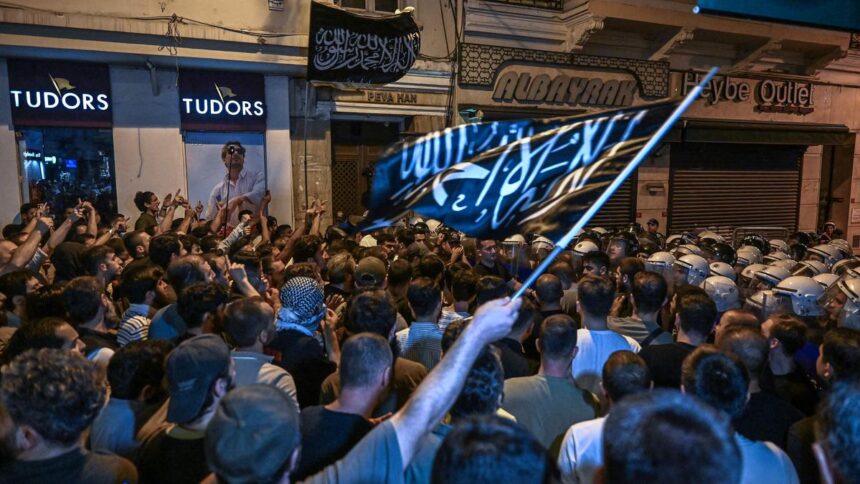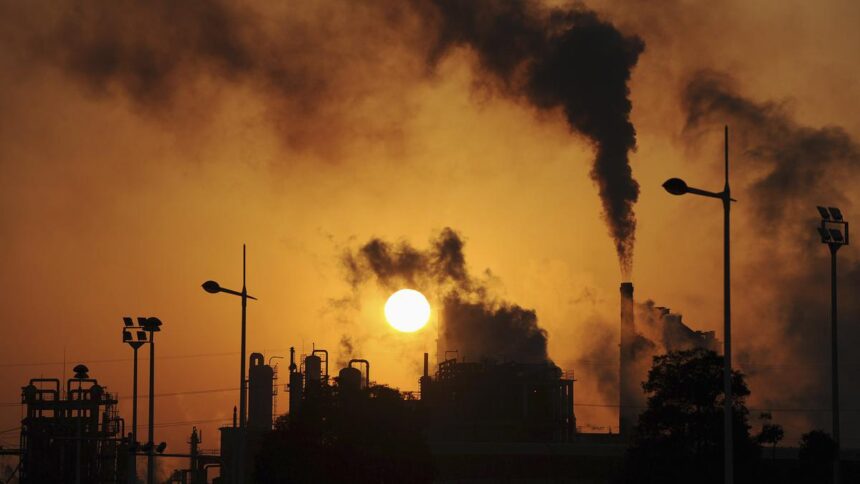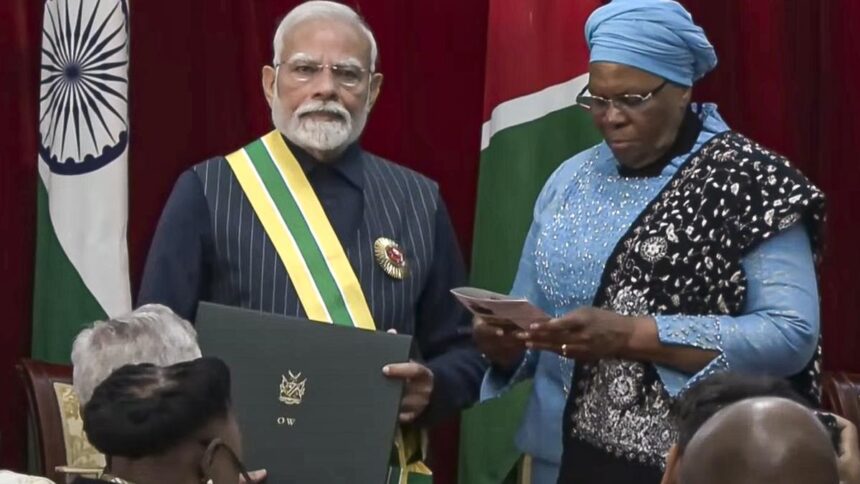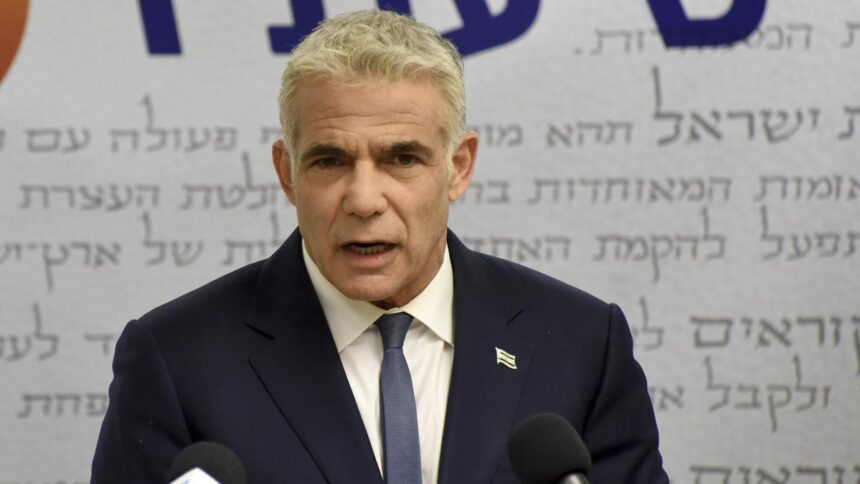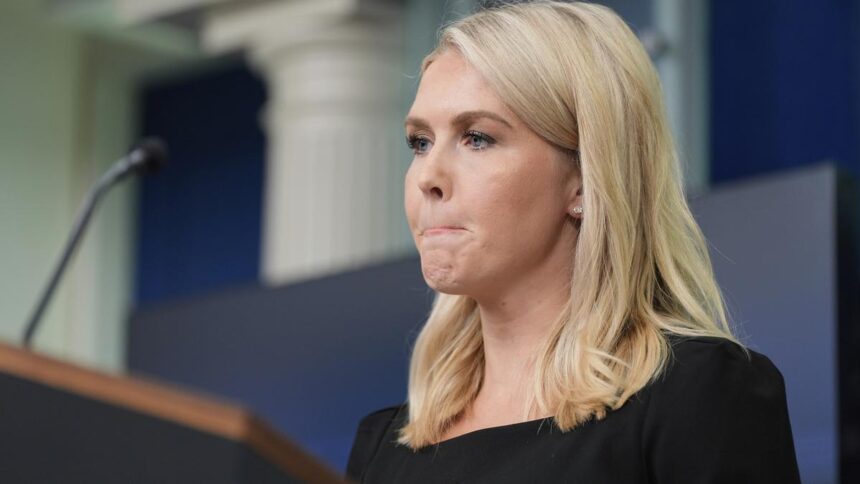
Dan Jorgensen, the European Union’s Energy Commissioner
| Photo Credit: Reuters
The European Union would welcome U.S. President Donald Trump’s support for its plans to stop buying Russian oil, purchases of which are helping to finance Moscow’s war in Ukraine, EU Energy Commissioner Dan Jorgensen said on Friday (September 5, 2025).

The European Union is negotiating legal proposals to phase out EU imports of Russian oil and gas by January 1, 2028, as it seeks to sever decades-old energy ties with Moscow.
U.S. President Donald Trump told European leaders in a call on Thursday (September 4) that Europe must stop buying Russian oil, a White House official said, as diplomatic efforts to end the fighting drag on.
Mr. Jorgensen, who is responsible for the EU’s energy policies, told Reuters he had not come under pressure from the U.S. administration to halt Russian oil purchases faster than the 2028 deadline, but would welcome U.S. backing for the EU plan.
“Not only has Putin weaponised energy against us, blackmailed member states, we are actually also indirectly helping finance Putin’s war, and that needs to stop. And if President Trump agrees to that, then that is only a welcome support, because that is certainly our main objective,” he said in an interview.
Reuters has requested Kremlin comment on the Mr. Trump remarks quoted by the White House official.
The United States has imposed punitive tariffs on India for its continued purchases of Russian oil, while India has accused the West of hypocrisy.
Hungary and Slovakia oppose phase-out
Europe’s purchases of Russian gas are expected to shrink to around 13% of its needs this year, from roughly 45% before Russia’s full-scale invasion of Ukraine in 2022, according to EU figures.
Hungary and Slovakia continue to import Russian crude oil through the Druzhba pipeline, and have opposed the EU’s phase-out plan – saying it would hike energy prices.
Mr. Jorgensen said he was in talks with both governments about their concerns – but that, if needed, EU countries could approve the phase-out plans without them. He declined to confirm if Brussels would offer funding or legal guarantees to attempt to win the two countries’ support.
“If, for domestic reasons, there are countries that don’t feel that they can support it, then this is not something that demands unanimity,” Mr. Jorgensen said.
The EU proposals are designed to be passed by a reinforced majority of member countries. EU diplomats told Reuters they expect countries’ energy ministers to approve them at a meeting next month.
Jorgensen will hold talks with U.S. energy secretary Chris Wright in Brussels next week, on the EU’s pledge to buy $250 billion of U.S. energy supplies per year, as part of the U.S.-EU trade deal.
Analysts have said the energy purchase pledge is unrealistically high – in part, because the EU has little control over the energy its companies import.
Mr. Jorgensen said they would discuss options for how the EU and U.S. administrations can ensure the deal is implemented. For example, the Commission has said it could pool demand from European companies to buy more U.S. gas.
“It’s clear that our role is to facilitate. The EU is not a gas trader,” Mr. Jorgensen said.
Published – September 05, 2025 04:42 pm IST
















